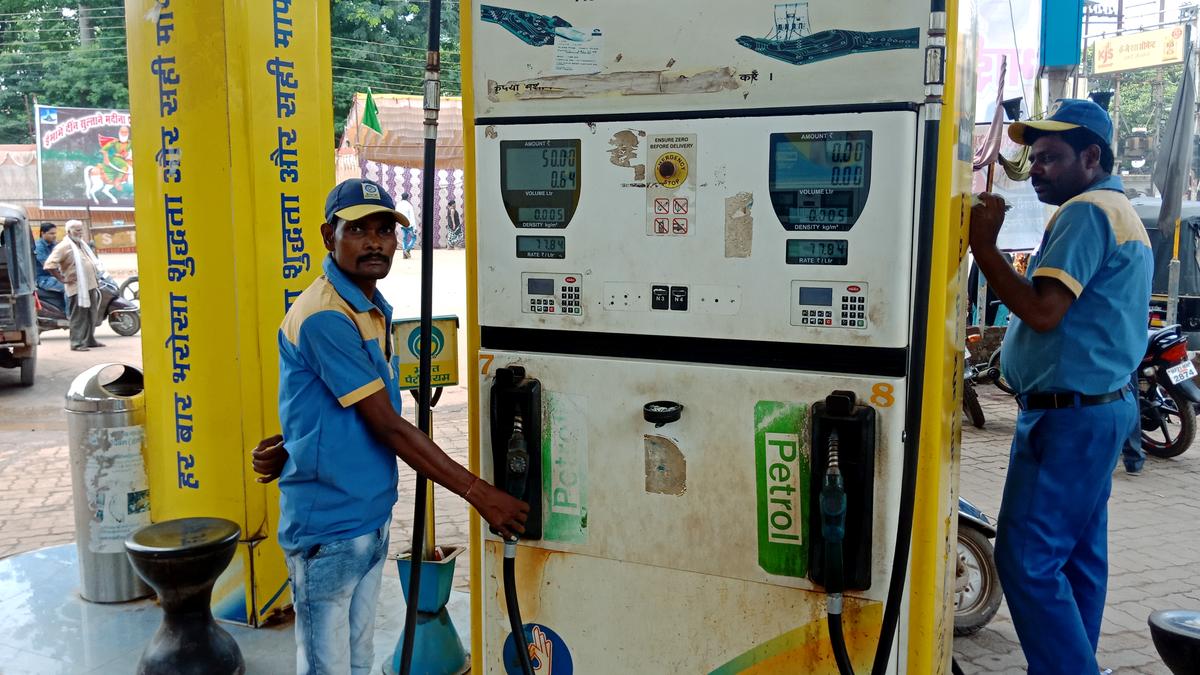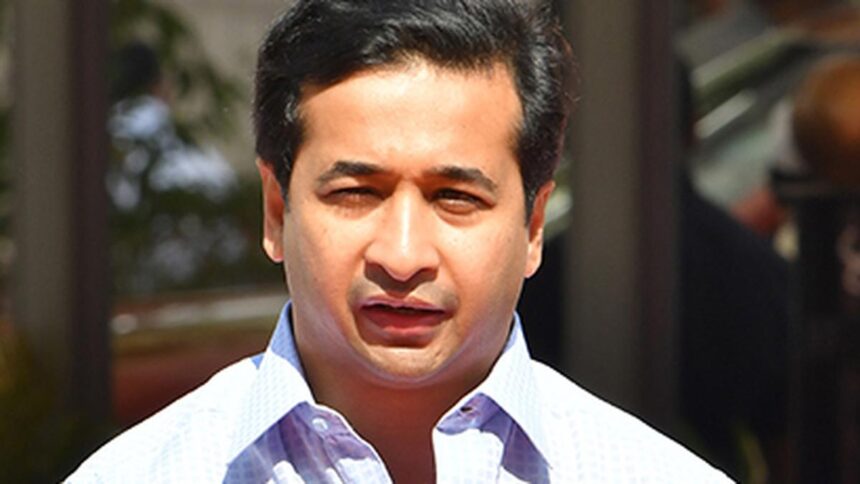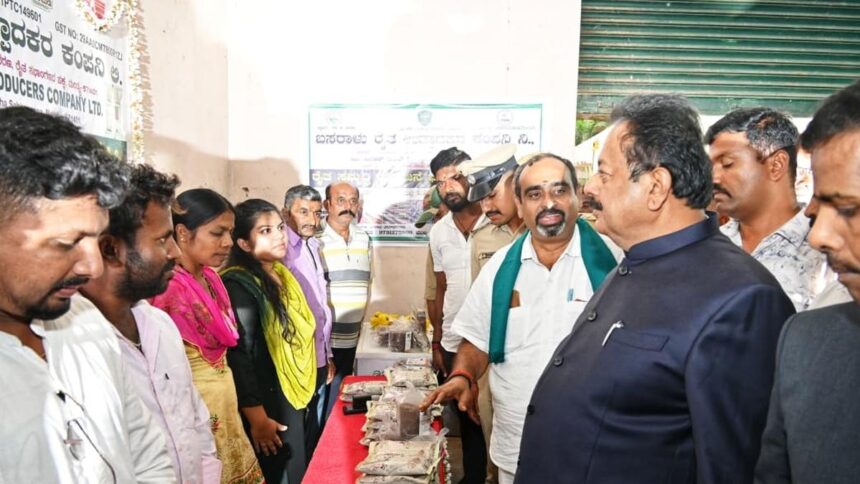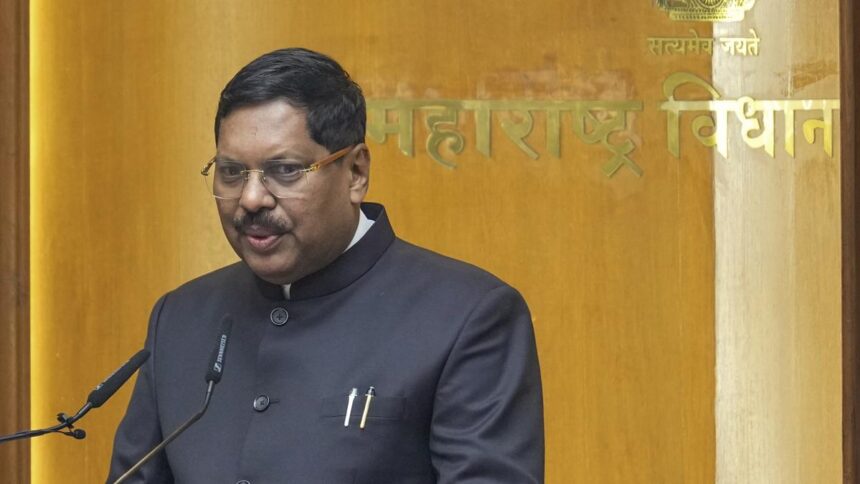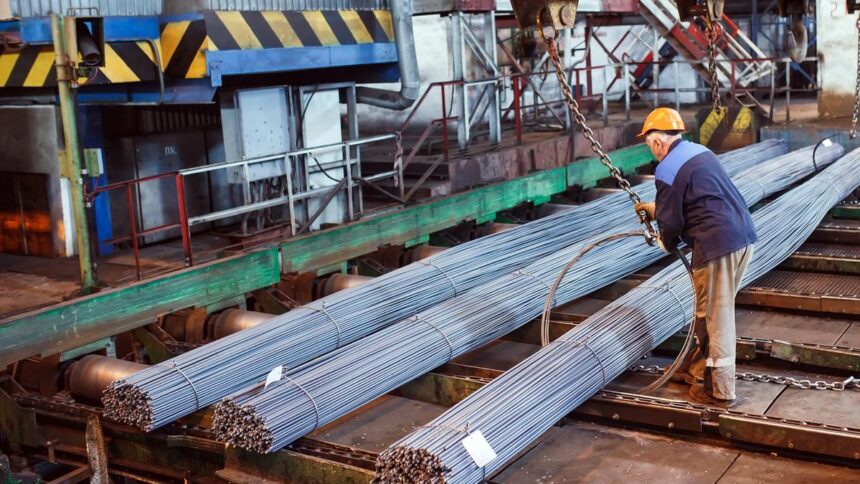
Last month, the Ministry of Petroleum and Natural Gas cited NITI Aayog’s study on Ethanol and backed the usage of E20 petrol, saying that it not only gives “better acceleration and better ride quality” but also benefits the farmers of the country.
| Photo Credit: Getty Images/istockphoto
The Supreme Court on Monday (September 1, 2025) dismissed a petition challenging the nationwide rollout of 20% ethanol-blended petrol (E20), which alleged that millions of motorists were being compelled to use fuel unsuited to their vehicles without the option of availing ethanol-free petrol.
A Bench of Chief Justice of India (CJI) B.R. Gavai and Justice K. Vinod Chandran dismissed the petition after the Union government defended the policy as one that bolsters the income of sugarcane farmers and conserves foreign exchange.

Senior advocate Shadan Farasat, appearing for the petitioner, cited NITI Aayog’s 2021 report ‘Roadmap for Ethanol Blending in India 2020-25’, which acknowledged that blending ethanol up to 20% could reduce fuel efficiency by 6-7% in four-wheelers and 3-4% in two-wheelers. He clarified that the petitioner was not opposed to ethanol blending per se, but was seeking the availability of ethanol-free petrol for vehicles manufactured prior to April 2023, which are not E20-compliant.
E20 fuel has been gradually rolled out since 2023, alongside earlier blends such as E5 and E10, which were considered more compatible with older vehicles. However, these alternatives have now been phased out from nearly all of the country’s 90,000 fuel stations. Only cars and two-wheelers manufactured after April 2023 are certified E20-compatible.
Last month, the Ministry of Petroleum and Natural Gas cited NITI Aayog’s study on Ethanol and backed the usage of E20 petrol, saying that it not only gives “better acceleration and better ride quality” but also benefits the farmers of the country.
Questioning the bona fides of the petitioner, Attorney-General R. Venkataramani, appearing for the Union government, alleged that he was a foreign resident and a “name-lender” acting at the behest of a lobby. He contended that the policy served national interests by supporting farmers and reducing import dependence. “Will people outside the country dictate what kind of fuel India should use?” he remarked during the hearing.

‘Consumer choice’
The petition contended that the policy violated the fundamental rights of vehicle owners whose automobiles are incompatible with E20, as it left them with no option to purchase ethanol-free petrol. It further argued that the absence of public awareness and proper labelling of fuel pumps breached the right to informed consumer choice under the Consumer Protection Act, 2019.
“It is also relevant to mention that as the vehicles are not compatible with ethanol-blended petrol, which will result in damage to the said vehicles, the claim raised in this regard will not be covered by the manufacturers or the insurance companies, as the consumers have violated the terms specified by the manufacturers/insurance companies. This is an added disadvantage to the end consumer who does not have any choice but to buy ethanol-blended fuel, which in effect deprives them of any insurance cover, thereby causing irreparable harm to the public at large,” the petition filed by advocate Akshay Malhotra said.
It also claimed that advisories issued by various automobile manufacturers highlighted that ethanol content in petrol corrodes engine parts, reduces fuel efficiency, and leads to premature wear and tear.
The PIL outlined how global practices differed sharply and said in the U.S. and E.U., ethanol-free petrol was still widely available, and pumps clearly displayed ethanol content for consumers to make an informed choice. However, in India, only ethanol-blended fuel is sold, with no disclosure of composition at dispensing units, it added.
Accordingly, the petition sought directions to the authorities to mandate ethanol labelling at all petrol pumps and dispensing units, and to conduct a “nationwide impact study on mechanical degradation and efficiency loss due to ethanol blended fuel to the extent of 20% usage in non-compliant vehicles.”
Published – September 01, 2025 02:35 pm IST







